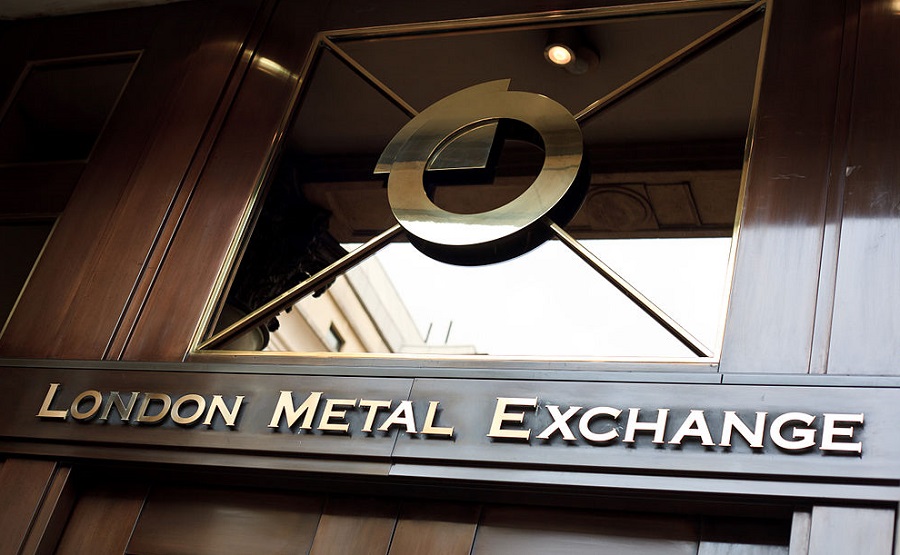
The London Metal Exchange is preparing a new rule designed to reveal the huge stockpiles of metal held in private storage, shining a light on one of the industry’s most opaque areas for the first time.
Owners would have to notify the LME if they hold metal in storage that they may want to transfer to the exchange in the future, according to people familiar with the plan. The LME would then make aggregated data about these stockpiles available to the wider market.
The data would provide a window into the ebb and flow of metal outside the LME’s warehouse network for the first time
The data would provide a window into the ebb and flow of metal outside the LME’s warehouse network for the first time and fill a blind spot faced by physical merchants and investors trying track global metal inventories. It’s possible the rules could also cover stockpiles in transit, which could help guide trading decisions.
A spokeswoman for the LME said the exchange will issue a consultation notice on planned warehouse reforms soon, but declined to comment further.
The LME already reports daily figures on how much metal is stored by companies licensed by the exchange. But the data is an incomplete picture of global metal stockpiles. For years, traders and analysts have only been able to guess at how much copper, aluminum, nickel or zinc might be held in off-exchange storage.
“We’re interested to see what form the data takes, because aluminum is one market where it could really help shine a light,” Eoin Dinsmore, an analyst at CRU Group, said by phone from London. “The market really needs a bit more transparency.”
For example, CRU estimates there are 3.5 million tons of aluminum held by consumers and merchants in private storage locations outside China. That compares with just under 1 million tons held in warehouses tracked by the exchange, where storage costs are typically higher.
The new rules are being put into place after years of sharp spikes and declines in the LME inventory levels attracted criticism that the data was unreliable. In March, the LME unveiled plans to publish details on how much metal held by licensed warehousing companies was eligible for delivery on the bourse.
But after discussing the proposal with the market, LME executives were worried that it may be too narrow in scope, the people said. For example, traders and warehousing companies could avoid reporting metal by storing it outdoors, making it ineligible for delivery.
The LME has told warehousing companies it’s planning a broader rule and will likely consult the market soon, said the people, who asked not to be identified discussing private talks. The final form could change, but the LME has made it clear it intends to tackle the issue, one of the people said.
Enforcing the rule could be problematic and it’s possible that warehouses may resist the proposal. However, the LME expects compliance will be high among the trading houses and investment banks that own and finance large volumes of metal, the people said.
Without the backstop of being able to deliver to the LME, banks may be less willing to accept stockpiles as collateral in short-term lending deals that are a key source of working-capital finance for physical merchants.
The LME is considering penalties for stockholders who attempt to warrant privately held metal on the bourse that they haven’t previously declared, the people said. While some licensed warehousing firms support the move, the policy could strain already-fractious relations with some storage companies.
The exchange was criticized in the past for rules that raised warehousing costs and reduced the attractiveness of metal storage. The slate of measures announced in March are designed to ease those pressures and make the business more lucrative. The LME plans to go ahead with the other rules as originally envisaged, the bourse told warehouses last week.
(By Mark Burton)
Comments